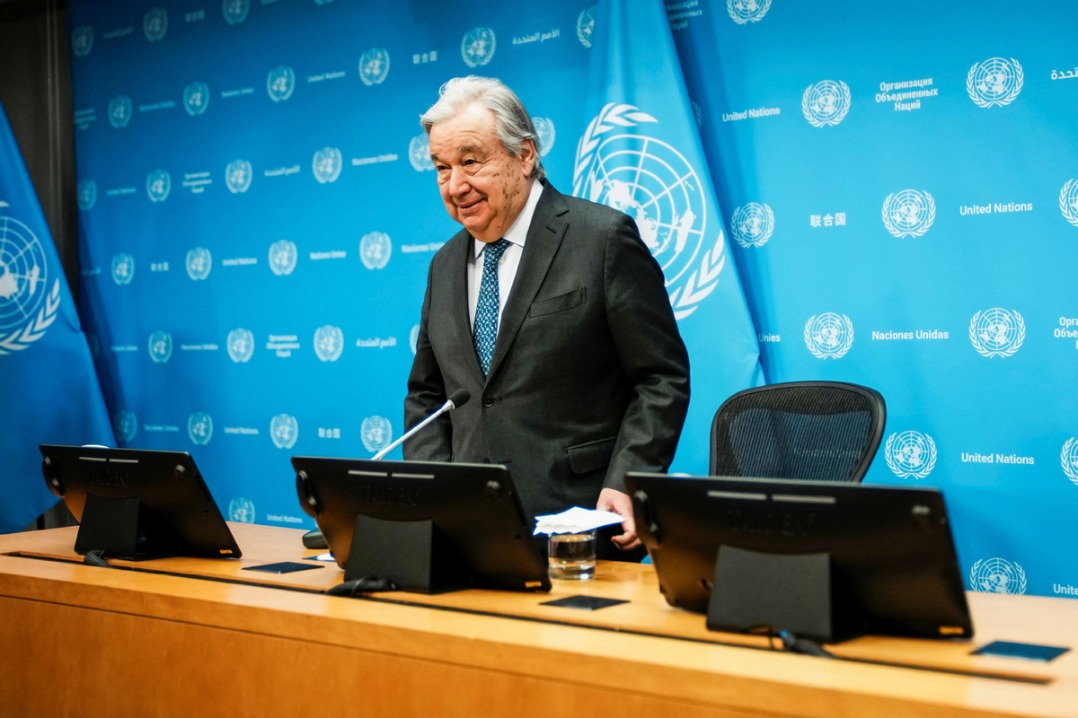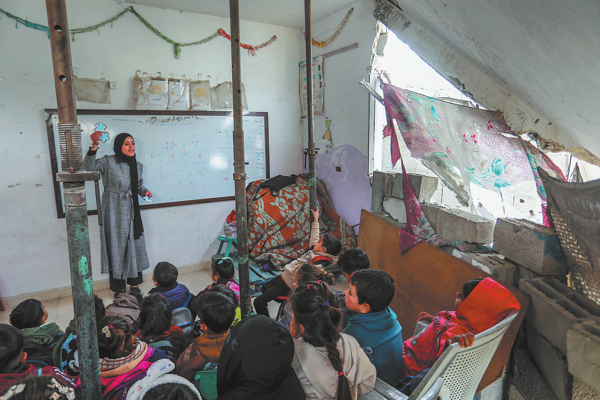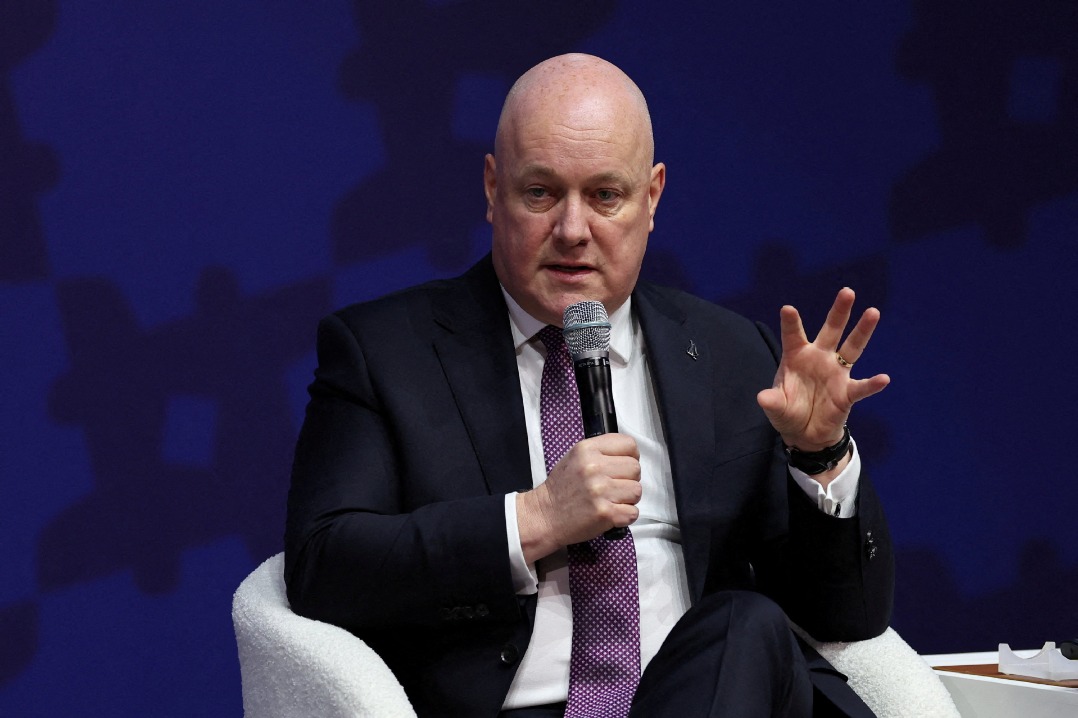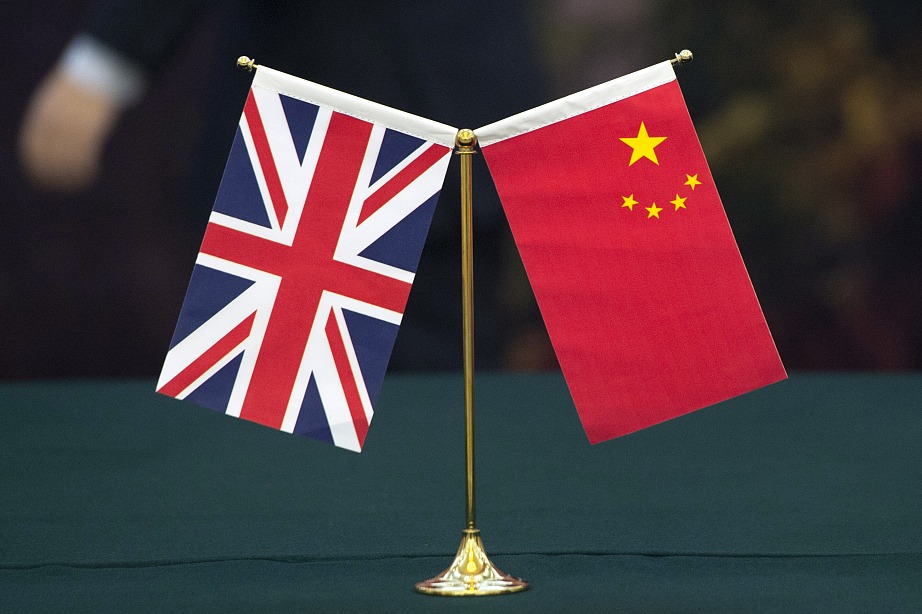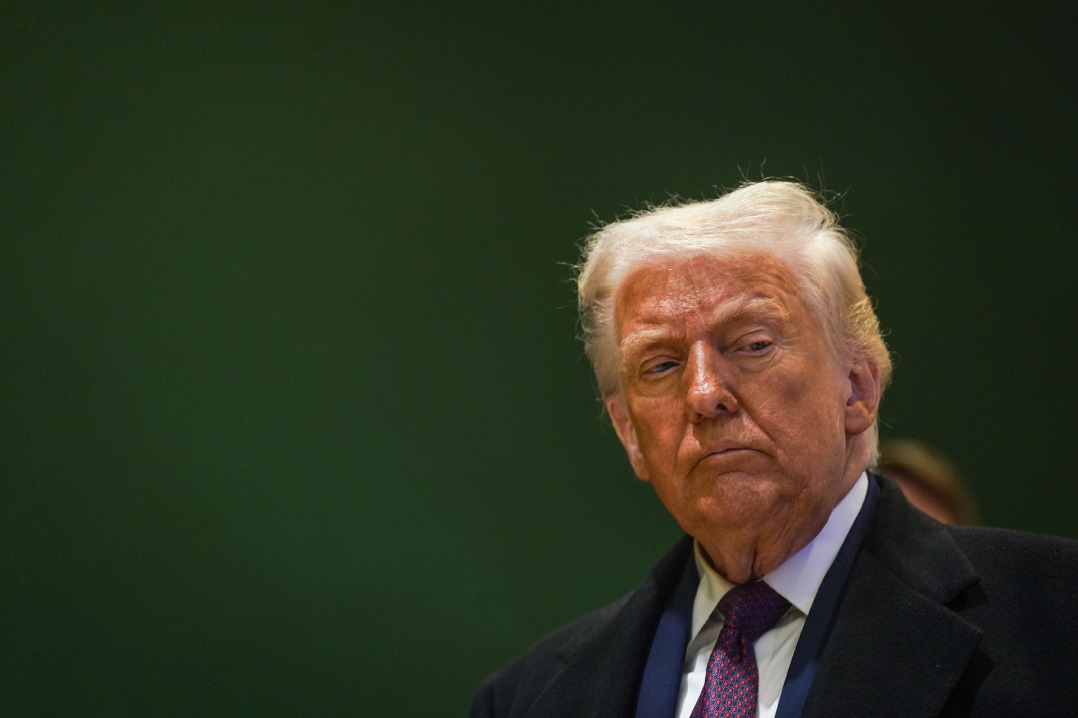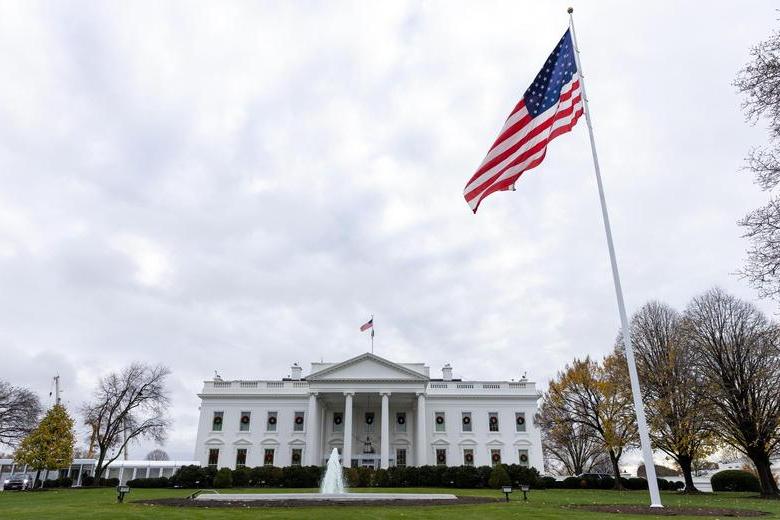African leaders urge unity and action to tackle climate crisis

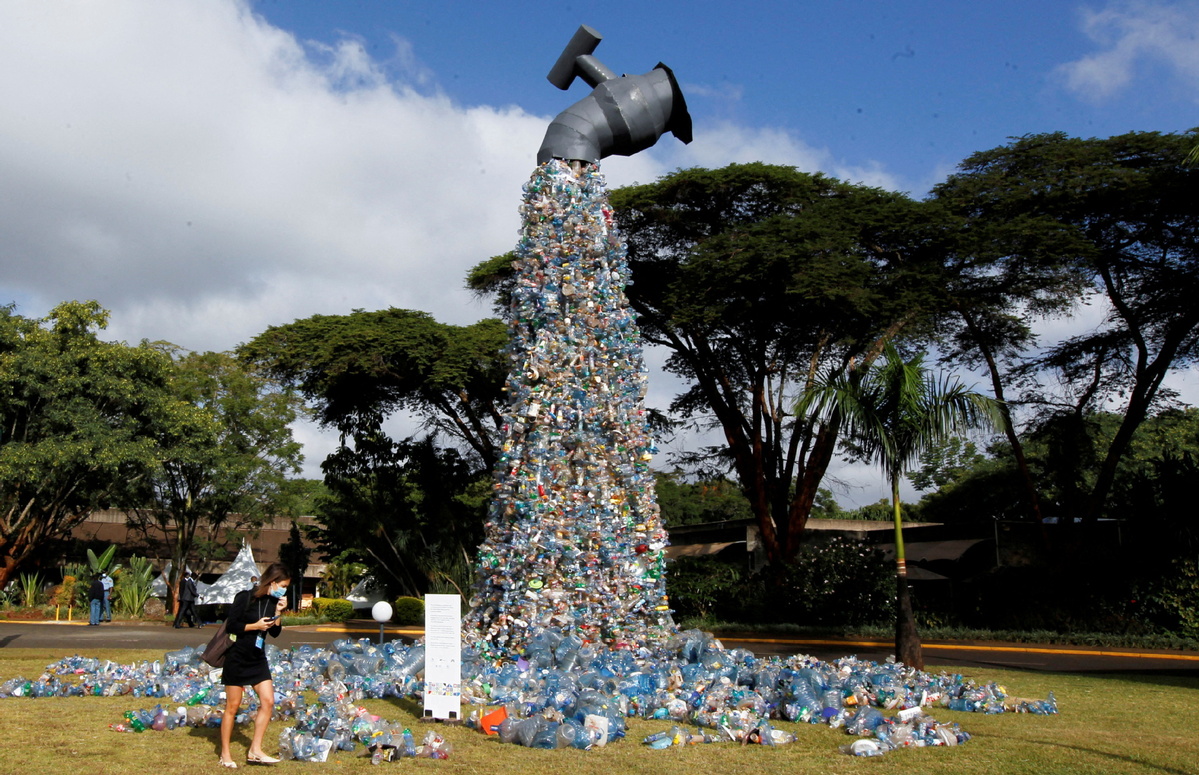
African leaders and environmental experts have called for stronger unity, accelerated climate action, and increased investment in green technologies and sustainable development to effectively combat climate change.
Speaking at the official opening ceremony of the 20th Ordinary Session of the African Ministerial Conference on the Environment in Kenya's capital, Nairobi, on Wednesday, the leaders stressed that current climate efforts fall significantly short of what is needed to avert environmental catastrophe.
Musalia Mudavadi, Kenya's prime cabinet secretary, warned that without decisive action, the climate ecosystem risks becoming wasteland.
He said the increasing frequency and severity of environmental challenges threaten poverty reduction and sustainable development across Africa.
With the average global temperatures exceeding 1.5 degrees Celsius above pre-industrial levels in 2024, he said the alarming trend underscores the inadequacy of the current global efforts to combat climate change.
Mudavadi said nearly one million species are at risk of extinction, according to the UN estimates - a grim outlook that could materialize if the unsustainable use of land, water and energy is not curbed, undermining efforts to meet 2030 biodiversity conservation targets.
He added that approximately 7 billion metric tons of plastic waste are already polluting the environment, yet the world continues to generate around 430 million metric tons of plastic annually.
"Without urgent action, declining ecosystem resilience will worsen water scarcity, food insecurity, disease outbreaks, and extreme weather events," Mudavadi said. "The 20th Ordinary Session of the African Ministerial Conference on the Environment must provide strategic policy guidance on Africa's common position to these environmental challenges."
Ibrahim Thiaw, under-secretary-general and executive secretary of the United Nations Convention to Combat Desertification, said Africa has lost up to 60 percent of its arable land over the last 70 years, even as its population has grown sixfold.
He decried the continued extraction of Africa's resources to meet global demands over the past four decades, while the continent remains largely excluded from climate finance.
"Despite Africa being home to some of the richest renewable energy resources in the world, it receives a disproportionately small share of investment," Thiaw said, noting that the continent accounts for less than three percent of global investment in the renewable energy sector alone.
"This needs to change, Africa should tell its story when it comes to global environmental financing," he said.
"African Ministerial Conference on the Environment, or AMCEN, needs to be a driving force, able to transform environmental policies into drivers for economic transformation."
Deborah Barasa, Kenya's cabinet secretary for environment, climate change and forestry, said disasters that hit Africa between 2022 and 2023 – including disease outbreaks, cyclones, floods and droughts - served as stark reminders that climate change is not a distant threat.
"It is a public health emergency, an economic crisis, a humanitarian disaster, and an ecological tragedy," she said.
She outlined ongoing challenges across the continent such as funding gaps, data gaps, weak enforcement of environmental laws, and rising conflicts over natural resources.
"To overcome these hurdles, we must strengthen AMCEN's capacity and support systems to help member countries to turn decisions into tangible actions," Barasa said, adding countries still have a chance to reflect, re-evaluate, strategize, re-ignite and reaffirm collective commitment to building a more sustainable future for generations to come.
Moses Vilakati, commissioner for agriculture, rural development, blue economy and sustainable environment at the African Union Commission, urged African countries to renew their ambitions in the fight against climate change.
"The time for talking has long passed. The time for decisive collective action is now," he said. "Let us move forward hand-in-hand towards an Africa that is environmentally vibrant, economically robust, and truly sustainable."
Vilakati called for renewed collective resolve to accelerate the implementation of frameworks addressing climate change.
"Let us leverage our ingenuity, mobilize the necessary resources, and forge strong partnerships to safeguard our environment, build resilient economies, and secure a dignified future for all Africans," he said.
















